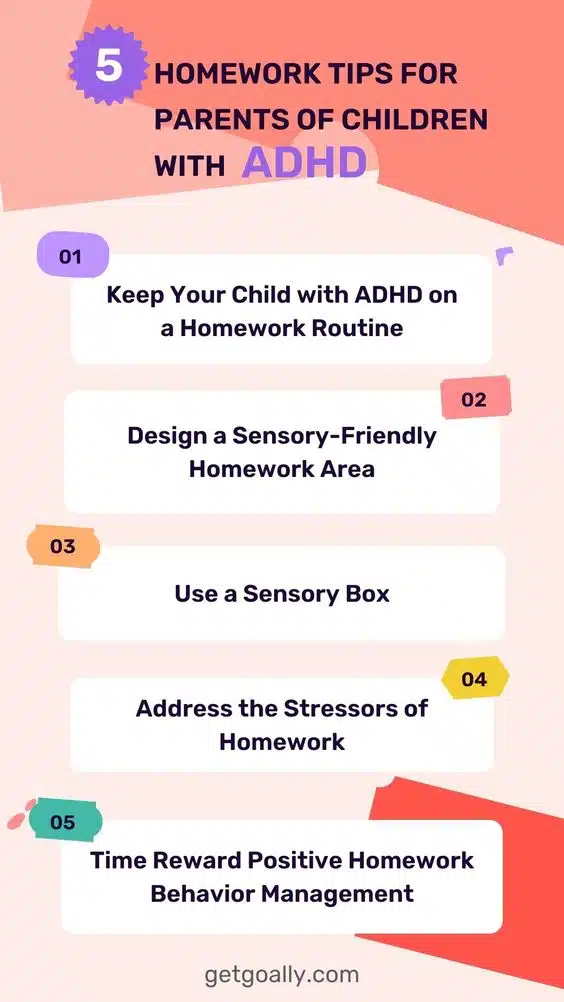Individuals with weak central coherence may experience this thinking style as a characteristic of certain conditions. Here are some conditions that are commonly associated with weak central coherence:
- Autism: Weak central coherence is often observed in individuals on the autism spectrum. They may struggle with processing and integrating information, focusing more on specific details rather than the overall context.
- ADHD: People with attention deficit hyperactivity disorder (ADHD) may exhibit weak central coherence, leading to difficulties in comprehending and organizing information.
- Dyslexia: Weak central coherence can be present in individuals with dyslexia, impacting their ability to grasp the main ideas and context of written text.
- Obsessive-Compulsive Disorder (OCD): Some individuals with OCD may exhibit weak central coherence, becoming overly focused on specific details while having difficulty seeing the larger perspective.
- Specific Learning Disabilities: Certain learning disabilities, such as specific language impairment (SLI) and nonverbal learning disorder (NLD), can be associated with weak central coherence, affecting information processing and comprehension.
Understanding this association can help individuals, parents, and professionals better support and navigate the challenges related to these conditions. Goally, a kid’s tablet, provides apps for weak central coherence, such as visual schedules, AAC, emotional regulation, and social skills training, aiding in the development of life and language skills.
This post was originally published on Feb. 20, 2023. It was updated on July 20, 2023.













